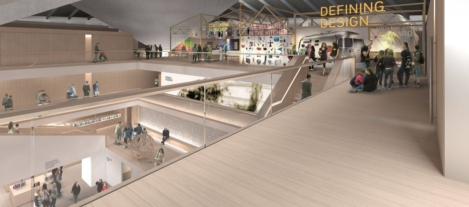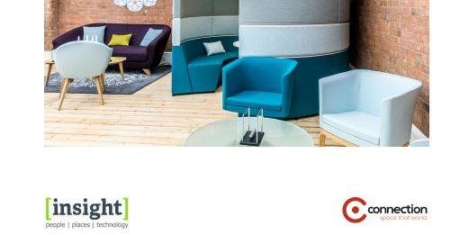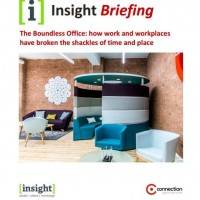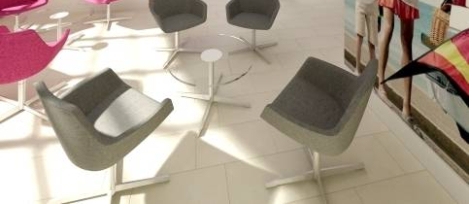March 16, 2016
A new guide to delivering successful sustainable fit-out projects 0
 Today marks the publication of a new guide which claims to help contractors and end-users deliver sustainable fit-out projects. Published by trade body the Construction Industry Research and Information Association (CIRIA), the Fit-out environmental good practice on site guide (C757) claims to be a more practical guide than other publications and standards and addresses the most important challenges for those responsible for fit-outs across a range of sectors including offices, retail, education, leisure and health. The authors claim that the fit-out sector faces unique challenges that include the need for a quick turnaround of projects, the need to control costs as well as deal with project specific site constraints. The guide aims to help the managers of fit-out projects to meet these challenges as well as helping them to deliver projects that are sustainable both during the fit-out phase, occupancy and the life of the completed project.
Today marks the publication of a new guide which claims to help contractors and end-users deliver sustainable fit-out projects. Published by trade body the Construction Industry Research and Information Association (CIRIA), the Fit-out environmental good practice on site guide (C757) claims to be a more practical guide than other publications and standards and addresses the most important challenges for those responsible for fit-outs across a range of sectors including offices, retail, education, leisure and health. The authors claim that the fit-out sector faces unique challenges that include the need for a quick turnaround of projects, the need to control costs as well as deal with project specific site constraints. The guide aims to help the managers of fit-out projects to meet these challenges as well as helping them to deliver projects that are sustainable both during the fit-out phase, occupancy and the life of the completed project.





































March 22, 2016
While politicians squabble, here’s what the Budget meant for the workplace 0
by Mark Eltringham • Comment, Facilities management, Legal news, Workplace, Workplace design
(more…)